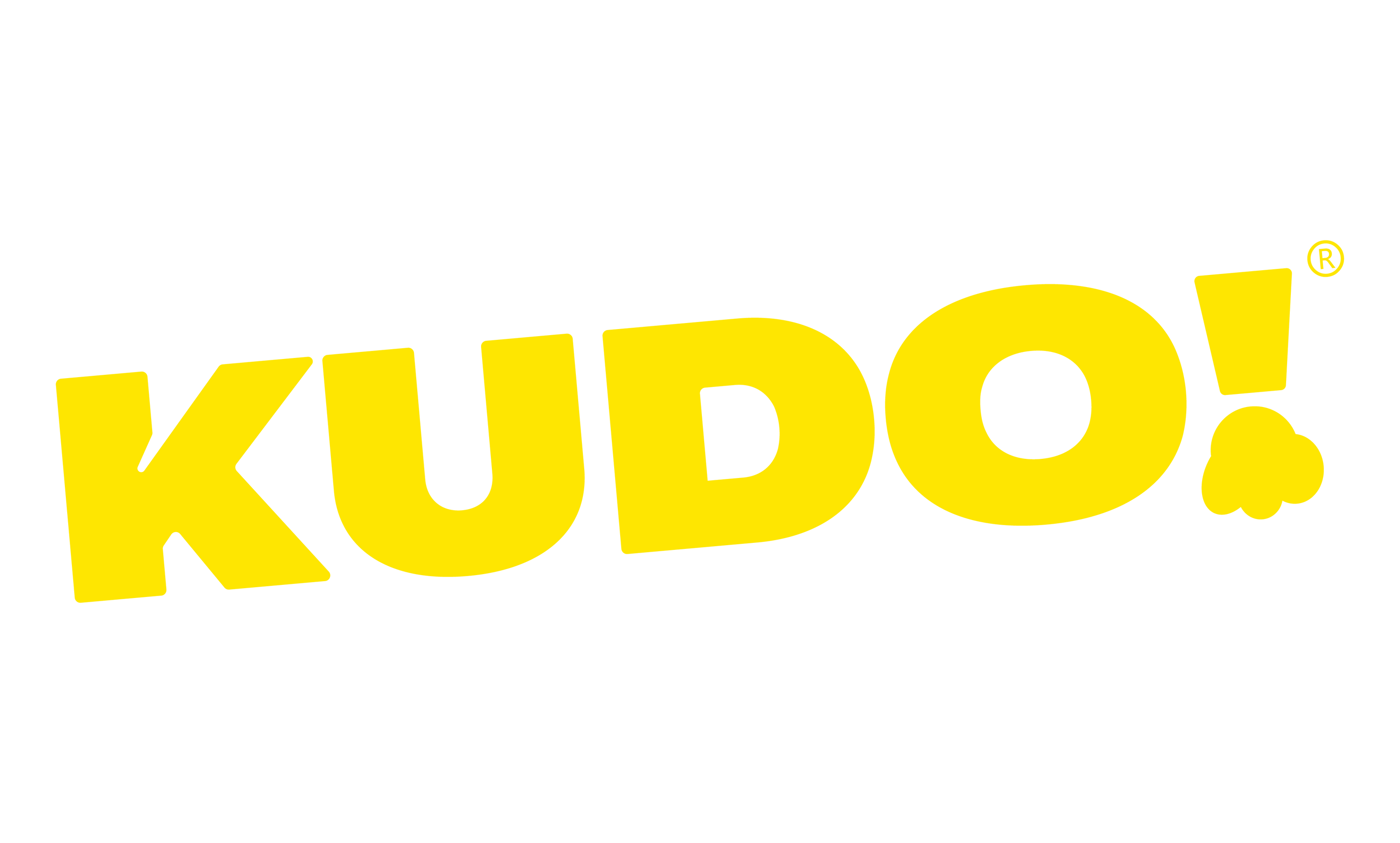

· By Brydon Cotter
IS POPCORN A CARB OR PROTEIN
Popcorn is also a whole grain and contains other essential nutrients like fiber and antioxidants. So, is popcorn a carb or protein? Many people think that popcorn is a carb but a protein. Popcorn is made up of three primary macronutrients, which are carbohydrates, fats, and proteins. While carbohydrates and fats are essential for our bodies to function correctly, proteins are the building blocks of our cells and tissues. This article will discover the health benefits of protein popcorn and the reasons why people choose protein popcorn.
THE NUTRITIONAL BENEFITS OF POPCORN
Though most commonly thought of as a snack food, popcorn can be quite beneficial to your health. Popcorn is a good fiber source, essential for maintaining a healthy digestive system. It is also a whole grain, which contains all the essential nutrients your body needs to function correctly.
Additionally, popcorn is low in calories and fat, making it an excellent snack for those trying to lose or maintain a healthy weight. So next time you’re looking for a tasty snack, reach for some popcorn instead of unhealthy junk food. You’ll be doing your body a favor.
REASONS WHY PEOPLE CHOOSE PROTEIN POPCORN
Popcorn is a whole-grain food that is naturally low in fat and calories and contains a good amount of fiber. By knowing is popcorn a carb or protein, you may want to know the reasons why people choose protein popcorn. There are many reasons why people might choose to eat Kettle-Popped Protein Popcorn instead of other types of popcorn.
- Protein popcorn generally has more protein per serving than traditional popcorn. This means that it can be a good choice for people looking to increase their protein intake.
- Additionally, protein popcorn is often lower in calories and fat than traditional popcorn, making it a healthier option overall.
- Finally, many people prefer the taste of protein popcorn to regular popcorn. Whatever the reason, there are plenty of good reasons to choose protein popcorn over other types.
THE DIFFERENCE BETWEEN CARBS AND PROTEINS
Carbs and proteins are essential nutrients the body needs for energy, but they are different in a few ways. Carbs are primarily found in plants, while proteins are found in plants and animals. Carbs are made up of sugar molecules, while proteins are made up of amino acids. The body breaks down carbs into glucose, which is then used for energy. The body breaks down proteins into amino acids used for cell repair and growth.
While both carbs and proteins provide the body with energy, carbs are the preferred source of fuel for the body. This is because carbs are easier to break down and convert into glucose. Proteins take longer to break down and can be difficult for the body to use for energy.
When it comes to popcorn, it is classified as a carb because it is made up of sugar molecules. However, popcorn is a complex carb, meaning it takes the body longer to break down and convert into glucose. This makes popcorn a good choice for people looking for a slow-release energy source.
THE BENEFITS OF PROTEIN POPCORN
Protein is an essential macronutrient that helps our bodies to build and repair tissue, produce enzymes and hormones, and boost immunity. It’s no wonder that protein-rich foods like popcorn are gaining popularity as people look for ways to up their intake. Knowing is popcorn a carb or protein, you may want to know the benefits of protein popcorn. Here are some of the benefits of protein popcorn.
- It’s a satisfying snack. Popcorn is an excellent option for those looking for a satisfying yet healthy snack. The high protein content will help to keep you full and satisfied until your next meal.
- It’s a good source of essential nutrients. Protein popcorn contains essential nutrients like vitamins, minerals, and antioxidants. These nutrients are essential for overall health and can help to protect against chronic diseases.
- It’s low in calories. If you’re watching your weight, protein popcorn is an excellent option because it’s low in calories. One cup of popped kernels has just 110 calories, making it a guilt-free snack option.
- It’s easy to make at home. You don’t need to head to the movie theatre to enjoy protein popcorn – you can easily make it at home with just a few ingredients. Pop your kernels in an air popper or on the stovetop with some oil, then season as desired.
- It’s versatile. Popcorn is a versatile snack that can be enjoyed as sweet or savory. Add your favorite spices or toppings to create a unique flavor that fits your taste.
CAN I EAT POPCORN ON A LOW-CARB DIET?
Popcorn is a type of corn typically eaten as a snack—heating kernels of dried corn in a pot or pan until they pop. Popcorn is a whole grain and contains complex carbohydrates. While popcorn does contain some protein, it is mainly comprised of carbohydrates. One cup of popcorn has about 30 grams of carbs and only 4 grams of protein.
So, can I eat popcorn on a low-carb diet? Yes, you can eat popcorn on a low-carb diet. Just be sure to check the nutritional information to make sure it fits within your daily carb allotment. Most popcorn brands are relatively low in carbs, with around 5-10 grams per serving. You can also find low-carb or no-carb varieties of popcorn at some health food stores.
IS POPCORN A HIGH-CARB FOOD?
Popcorn is a type of corn that pops when heated. The kernels are small and complex and contain a lot of starch. When the kernels are heated, the water inside them becomes steam and expands, causing them to burst open.
Popcorn is a whole grain, which means it contains all three parts of the grain: the endosperm, germ, and bran. Because it is a whole grain, popcorn is a good source of fiber. It also has some protein and vitamins. One cup of popped popcorn has about 30 grams of carbohydrates. This includes about 4 grams of fiber and 2 grams of protein.
Also Read:
IS POPCORN RICH IN CARBOHYDRATE OR PROTEIN?
Is Popcorn A Carbohydrate or Protein?
When we eat something, we like it to be crispy and tasty but at the same time our health matters due to which we take precautions and want something that can be good for our health too and make us feel light not making us lazy and goofy all day so we cannot do our daily life chores easily. That is why when it comes to snacks it is important that we choose it wisely and know about its ingredients, advantages and disadvantages. So if you choose popcorn then you should be wondering is popcorn a carbohydrate or protein?
We all know that when it comes to over time snacks, popcorn is one the best options. But we should also know that IS POPCORN A CARB OR PROTEIN? Because they are a good snack to enjoy your movie without being so heavy on your stomach. As they are small in weight you can eat too much of them without even knowing. But one thing you need to be careful about is you should know that the things you're eating are healthy for you? Do they cause any diseases or can they be a source to a good health or diet. Most people think that it is low on carbohydrates but it contains a high amount of fat, protein and carbohydrates. and Today we are going to check that it is rich in which fiber? and which is best for us.
Facts about Is Popcorn A Carbohydrate or Protein?
Carbohydrates:
- In daily life an average person needs 2000 calories in their per day diet
- In popcorn, carbohydrates are used between 18 percent.
- If you eat popcorn it is considered that carbohydrates will not affect your body and make you fat in any way.
- If you are a diet conscious male or female then relax and eat as much popcorn as you like because they are a good snack to overcome your over time hunger.
- Also if you eat popcorn then you should avoid eating other carbs because you get your daily carbohydrates from them and over carbohydrates will not be good for your health.
- If you need to balance your carbohydrates then try to minimize the butter and salt in your popcorn and eat them without it so that your diet remains untouched and you can also fulfill your cravings.
- The amount of carbohydrates differs according to one's age and health level.
- If we eat too many carbohydrates that will lead to weight gain but in popcorn due to their less quantity we can eat it to our satisfaction.
Proteins:
- Popcorn contains 11 grams of protein.
- Due to being rich in proteins, it's a good source of weight loss.
- It can be a good way to overcome your hunger.
- Due to fiber and protein it is a combination of very few calories.
- If you eat it without mixing it in butter then it is a good source of weight loss.
Fiber in Popcorn:
- Eating popcorn also gives your body fiber.
- Popcorn contains 4 grams of Fiber.
- It helps you to overcome different diseases such as cardiovascular issues and keeping cholesterol level balanced.
- Because eating fibers can help you maintain your body level and make you fit and healthy.
- If you eat popcorn, it contains 6 grams of fiber in its per serving.
- It is very good for a stable health plus our body requires fibers so eating them will cause no harm on the other hand it will make you healthy and strong.
Is Carbohydrate or Protein better?
Both of them have their advantages and disadvantages. And most of the time we all get a little confused between if popcorn is a carbohydrate or a protein? But they are also good for our health and if we properly take them with health precautions then it will not cause any harm to your body. As they are high in other things, we have to take small amounts because taking them in high quantities may cause severe diseases too. Carbohydrates and Protein both are available in popcorn and they can be very beneficial for your health if you eat them fresh and baked properly.
Being available in popcorn for both carbohydrates and proteins is a very amazing thing too because you have to take it for your normal body functioning. So you would be really confused about what to eat to complete these requirements. But taking popcorn as a snack will be easy for you as it is easy to eat and good for your digestive system too. So do not worry yourself whether popcorn is a carbohydrate or protein? Just enjoy it!

